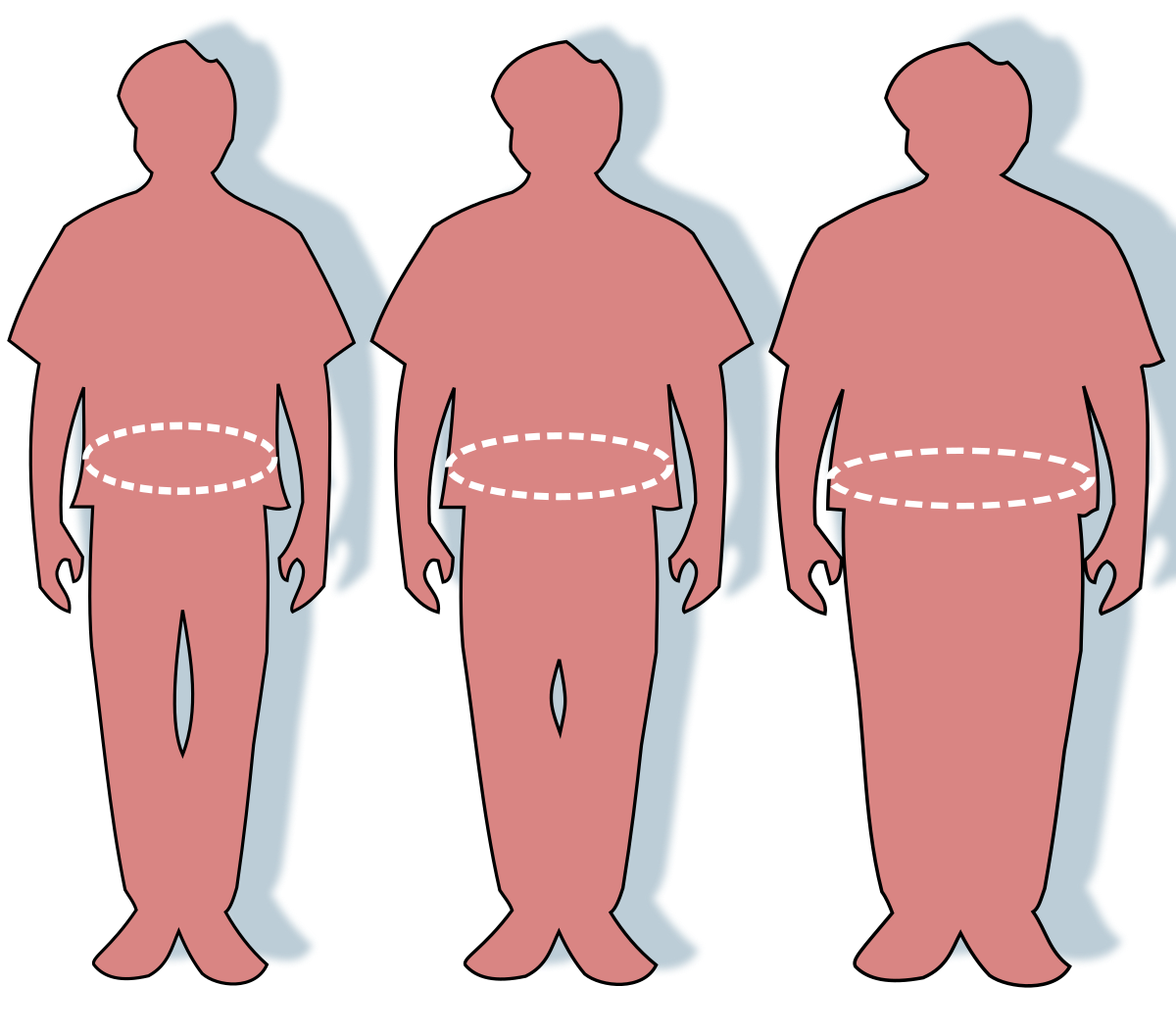
Obesity and Fertility
Obesity and Fertility can cause hormonal imbalances that trigger problems with ovulation and the menstrual cycle. In recent years, the connection between lifestyle, weight, nutrition and fertility is gaining more public exposure. According to research, it is known that being overweight can affect your ability to become pregnant and also can cause complications during pregnancy.
Polycystic ovary syndrome (PCOS) can develop as a result of obesity and is a major cause of infertility amongst women. A study by Jan Willem van der Steeg, MD, of Amsterdam’s Academic Medical Centre, shows that women who were severely obese were 43% less likely to achieve pregnancy than normal-weight women or women who were considered overweight but not obese during this year-long study.
How can you tell if your fertility is affected by your weight?
If you have regular menstrual cycles, then you are probably ovulating (releasing an egg.) If you have sporadic or irregular periods, then your ovulation is also most likely to be irregular. The most common cause of irregular periods is polycystic ovary syndrome. Sufferers of PCOS have multiple cysts in their ovaries which then produce large amounts of androgen and oestrogenic hormones. This prevents ovulation, causing infertility.
Fertility Drugs
It is known from studies performed that women who are overweight or obese are less likely to respond to fertility drugs. This occurs because the excessive weight obstructs the proper absorption of the fertility drugs used during these treatments. Some IVF clinics refuse to treat obese patients until they reduce their Body Mass Index.

